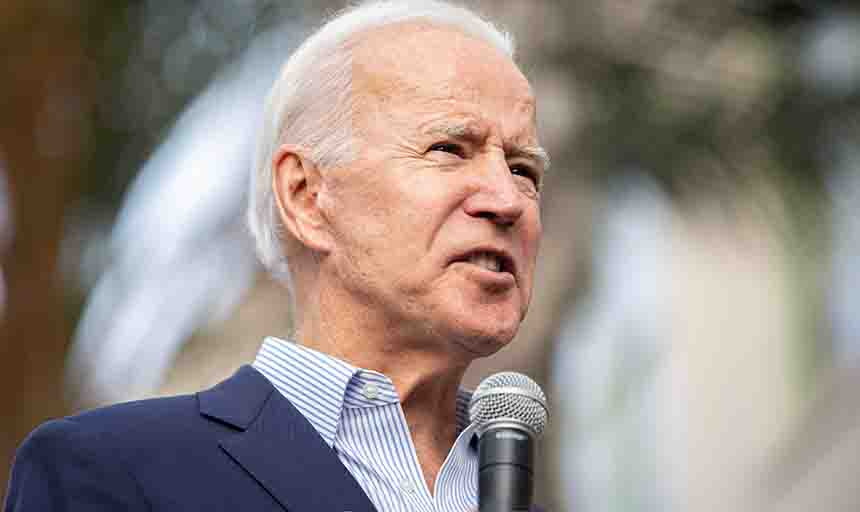At today’s State of the Union address, president Joe Biden will take a swipe at the global liner industry in his ongoing battle to try and fix supply chains.
Biden will announce an agreement between the Department of Justice and the Federal Maritime Commission (FMC) to make sure that large ocean freight companies cannot take advantage of US businesses and consumers.
With freight rate prices leaping to record levels during the pandemic, Biden and his team have decided to target the stranglehold the three global liner alliances have on the container transport system as well as the charges that the lines have been charging.
“Oftentimes cargo owners are charged fees—known as ‘detention and demurrage; fees—even when they can’t get access to their containers to move them,” a report from the White House states. The FMC estimates that from July to September of 2021, eight of the largest carriers charged customers fees totalling $2.2bn—a 50% increase on the previous three-month period.
It is unfortunate that the president is demonising ocean carriers
The White House hit out at the extraordinary profits made by carriers last year, while high rates are likely to contribute to approximately a 1% increase in consumer prices over the next year according to research by the Kansas City Fed and the European Central Bank.
Beyond price increases, several specific business practices of many liners are hurting American businesses and farmers, the White House maintained, citing by way of an example carriers cancelling or changing bookings and imposing additional fees without notice. Carriers were also accused of refusing to take American exports, preferring instead to get empty containers back in position for more profitable trades out of Asia.
The carriers have also been accused by the Biden administration of contributing to port congestion, for instance by imposing box rules that require truckers to use only certain trailers to haul their containers—thus forcing truckers to wait for the right kind of trailer to become available.
Biden’s new plans for ocean shipping include getting the DOJ to provide the FMC with the support of lawyers and economists from the Antitrust Division for enforcement of violations of the Shipping Act and related laws. The FMC will provide the Antitrust Division with support and maritime industry expertise for Sherman Act and Clayton Act enforcement actions. Both acts are American antitrust laws.
The FMC will continue ramping up oversight of the global ocean shipping industry. Since last summer, the FMC has established a new audit program backed by an audit team to address complaints about carriers charging unfair fees, demanded justification from the carriers about their fees, launched 42 cases investigating port congestion charges, and took steps to address barriers to filing complaints at the FMC and to prevent retaliation against complainants. It also launched a new data initiative to identify data constraints that are adding to supply chain congestion. This month, the FMC also sought comments on reforms to how carriers charge shippers fees.
The president is calling on Congress to pass robust reforms to the ocean shipping industry, including reforms that address the current antitrust immunity for ocean shipping alliances. The House has recently passed the Ocean Shipping Reform Act.
In response to Biden’s attack on ocean carriers, the World Shipping Council (WSC), a liner lobbying group, released the following statement yesterday.
“It is unfortunate that the president is demonising ocean carriers, the industry that is the backbone of the US and global economy and that has been working around the clock through the pandemic to move more cargo than at any time in history. Allegations that the container shipping industry is highly concentrated and uncompetitive are factually incorrect.”
In what the WSC said was a clear sign of a competitive market responding to increased demand, competition increased in 2021, the lobby group claimed, pointing to more ships being operated by a larger pool of carriers serving the transpacific trade.
“Policymakers must address the root cause of the logjam by seeking real solutions that take a comprehensive, forward-looking view of the supply chain, further strengthening the intermodal transportation system that has supported the US economy throughout the pandemic,” the WSC urged.
Photo: Shutterstock.com


